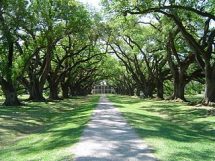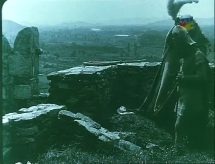Category Archive: Non-Fiction
Love You Long Time: The Earl of Louisiana
“The Earl of Louisiana” by A. J. Liebling (1961) Liebling’s witty and nostalgic book shows us something of the old time politics and how it seems fresher and more vibrant than the sterile and shrill shenanigans of today. True, he had to travel to Louisiana (where the citizenry don’t expect corruption, they demand it) and he had a ringside seat to the Long legacy (the famous ‘Kingfish,’ Huey Long, Governor from 1928 to 1932 and a U.S. Senator until his death by gunfire in 1935, had been followed by younger brother Earl, Governor from 1939 to 1940, 1948 to 1952,…
Continue Reading →The Belt and Road to Serfdom
(“The Road to Serfdom” by Friedrich Hayek) (1944) [and why it matters now] “While the last resort of a competitive economy is the bailiff, the ultimate sanction of a planned economy is the hangman.”# The Argument In 1933, the year Hitler came to power in Germany, there was a view that the fascists’ National Socialism model (as the joke went, neither nationalist nor socialist) constituted the lees of the empty vessel of capitalism, and that socialism and centrally planned economies represented the vibrant new vintage for the future. That year, Hayek, a Newby at the London School of Economics, wrote…
Continue Reading →Wagner’s Parsifal
(The Music of Redemption) by Roger Scruton (2020) Some Brief Words From the Wise on Holy Communion “…it belongs to that class of myths which have been dramatised in ritual, or, to put it otherwise, which have been performed as magical ceremonies for the sake of producing those natural effects which they describe in figurative language. A myth is never so graphic and precise in its details as when it is, so to speak, the book of the words which are spoken and acted by the performers of the sacred rite.”* “It would indeed be impossible to devise a mystery…
Continue Reading →Solid Gold
The Glenelg Football Club 2019 Premiership Yearbook (By Peter Cornwall, Andrew Capel & Zac Milbank) (2020) We have banged-on far too much about the Glenelg Tigers’ brilliant championship season of 2019 – you can read all about it here. So let someone else do it, only better: “Solid Gold” by experienced professional sportswriters Cornwall, Capel and Milbank, is a great keepsake for fans as well as a comprehensive record of a thrilling season. Beautifully designed in burnished gold and jet black, shaped like an EP vinyl record cover, it is especially evocative in this plague year. For once, the advertising…
Continue Reading →





